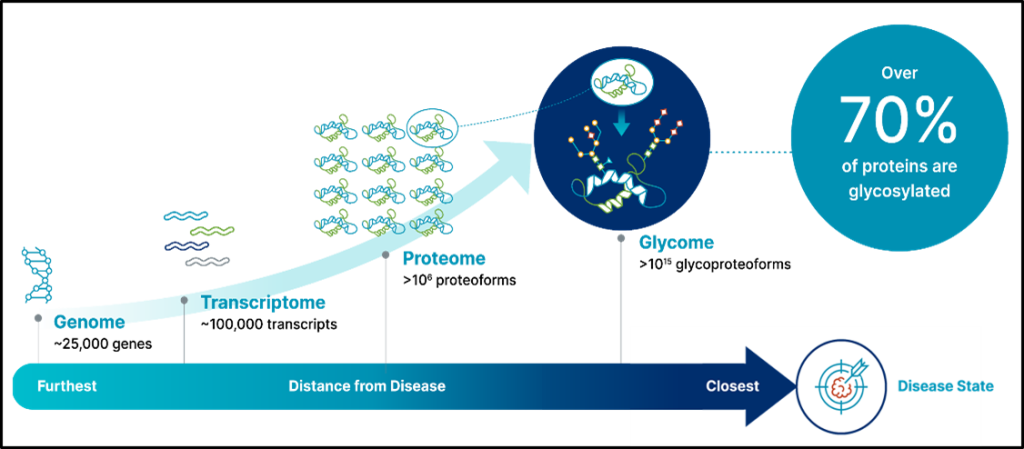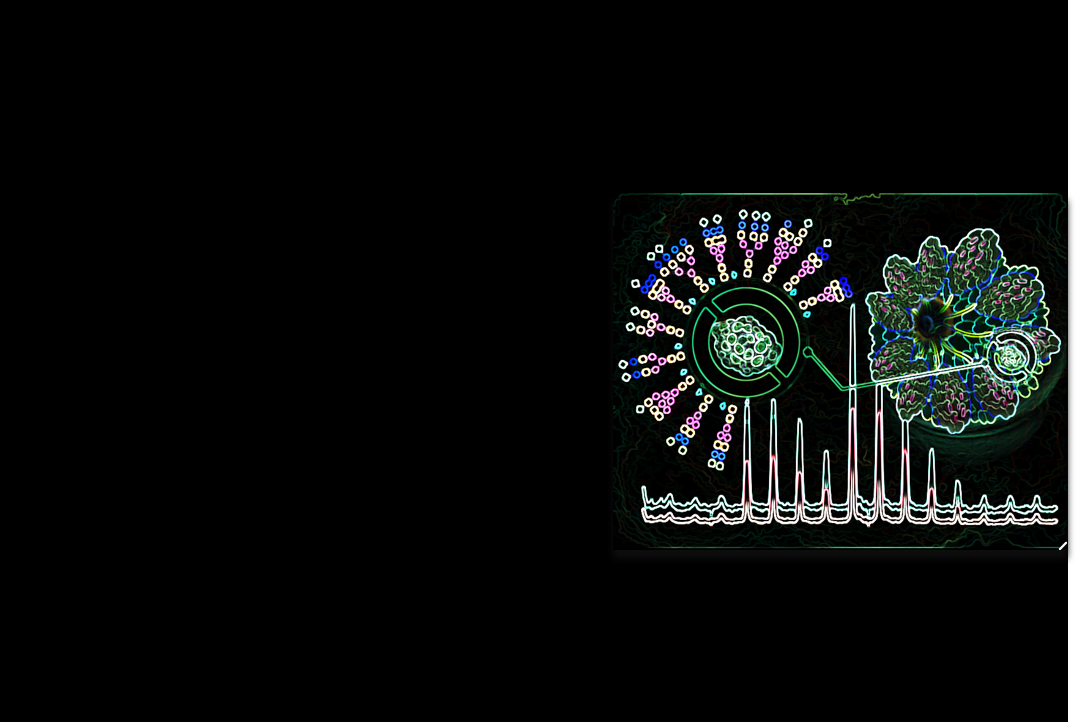Cancer ranks as one of the most prevalent causes of death, following cardiovascular diseases, and according to the 2019 World Health Organization (WHO) data, it stands as the primary or secondary leading cause of mortality. Globally, cancer accounts for a significant number of fatalities, with approximately 10 million lives lost in the year 2020. Cancer is defined as the development of malignant tumours or masses, occurring when cells within a tissue or organ undergo abnormal and uncontrollable division and multiplication. Timely detection of cancer greatly impacts the potential for effective treatment, preventing its spread to other parts of the body, a process known as metastasis.
Glycans are molecular structures formed by linking monosaccharides of similar or different types through glycosidic bonds. The entirety of glycans found within an organism’s free or complex molecules is referred to as the glycome. In the field of glycomic analysis, researchers delve into the genetic, physiological, pathological, and various other aspects of glycomes extensively, seeking to comprehend their relevance to specific biological events. Glycans play a crucial role in nearly every biological process, ranging from intracellular signalling to the development of organs and the growth of tumours. The primary objective of glycobiology is to unravel how glycomes orchestrate these processes. The three main categories of complex carbohydrates, namely glycoproteins, proteoglycans, and glycolipids, are collectively termed “glycoconjugates.” Clinical glycomics encompasses the examination of oligosaccharides (glycans) attached to glycoproteins derived from biofluids.
We strive to identify novel glycan-related biomarker candidates and establish an analytical method for the early detection of diseases.

